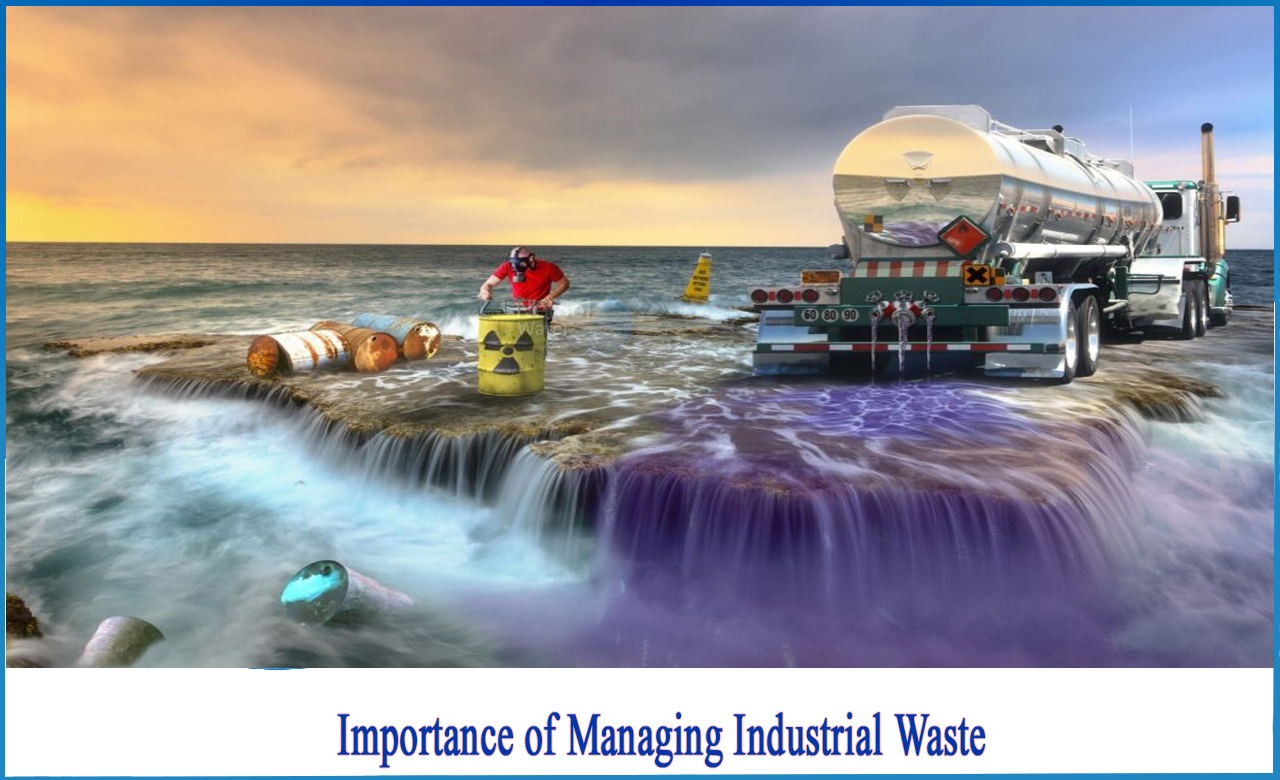The Definitive Guide to Reclaim Waste
The Definitive Guide to Reclaim Waste
Blog Article
Some Known Details About Reclaim Waste
Table of ContentsThe Greatest Guide To Reclaim WasteGetting My Reclaim Waste To WorkExcitement About Reclaim WasteExcitement About Reclaim WasteSome Ideas on Reclaim Waste You Need To Know
Residential sewer waste refers to the waste and products from a domestic septic container. The appropriate management and disposal of domestic sewer waste call for fluid waste to be moved to a sewer therapy plant where the proper approaches and devices are used to detoxify and dispose of waste.
Industrial waste frequently consists of possible dangers, such as combustible materials or a combination of liquid and solid waste items, and requires a much more advanced and comprehensive disposal process. The disposal of industrial waste normally involves the purification of waste prior to transportation to ensure risk-free and appropriate disposal. Hazardous waste is produced from byproducts and drainage of commercial processes and production.
This type of waste can not utilize the exact same sewer management transportation or processes as septic or business fluids. The hazardous waste monitoring process needs the evaluation and testing of liquid waste prior to it undergoes the disposal process (liquid waste disposal melbourne). Overflow waste is the fluid waste that comes from overflow and excess stormwater in very booming locations or cities
Runoff waste can create contamination and flooding if not dealt with correctly. Guaranteeing proper waste monitoring can stop catastrophes and decrease environmental injury.
The Main Principles Of Reclaim Waste
Call PROS Providers today to learn more about our waste administration and disposal services and the correct methods to look after the fluid waste you produce.
(https://telegra.ph/Expert-Liquid-Waste-Disposal-and-Removal-Services-in-Melbourne-11-12)Do you understand what occurs to your water when you end, purge the toilet or drain pipes the washing machine? No? Well, it's worth recognizing. This supposed 'wastewater' is not just a vital resource however, after treatment, will certainly be released to our land, waterways or the ocean. Made use of water from commodes, showers, bathrooms, kitchen sinks, laundries and commercial processes is recognized as wastewater.

water utilized to cool equipment or tidy plant and devices). Stormwater, a kind of wastewater, is overflow that moves from agricultural and urban locations such as roofings, parks, yards, roadways, courses and gutters into stormwater drains pipes, after rainfall. Stormwater flows untreated straight to regional creeks or rivers, at some point reaching the ocean.
Reclaim Waste Fundamentals Explained
In Queensland, the majority of anchor wastewater is treated at sewage treatment plants. Wastewater is transported from residential or industrial sites through a system of sewers and pump terminals, recognized as sewerage reticulation, to a sewer therapy plant. City governments construct, maintain and run most sewer therapy plants. Operators are accredited under the Environmental Protection Act 1994 to discharge treated wastewater at an acceptable environmental standard into rivers.
The Division of Natural Resources encourages neighborhood governments regarding handling, operating and maintaining sewerage systems and therapy plants. In unsewered locations, neighborhood federal governments might need owners to set up individual or household sewage therapy systems to deal with residential wastewater from bathrooms, kitchen areas, shower rooms and laundries. The Department of Natural Resources authorises making use of house systems when they are confirmed to be reliable.
The majority of stormwater obtains no treatment. In some new subdivisions, therapy of some stormwater to eliminate litter, sand and gravel has actually begun using gross toxin catches. Wastewater treatment takes place in 4 stages: Removes strong matter. Larger solids, such as plastics and various other objects wrongly discharged to drains, are gotten rid of when wastewater is passed via displays.
Utilizes little living microorganisms recognizes as micro-organisms to break down and eliminate remaining dissolved wastes and great fragments. Micro-organisms and wastes are integrated in the sludge.
Fascination About Reclaim Waste
Nutrient removal is not offered at all sewer treatment plants due to the fact that it needs expensive specialised tools. Clear fluid effluent generated after therapy may still consist of disease-causing micro-organisms - industrial wastewater treatment.

A lot of wastewater streams into the sewage system. Under the Act, regional governments carry out approvals and licences for ecologically appropriate activities (Ages) involving wastewater launches that may have a local effect.
The 3-Minute Rule for Reclaim Waste
Tracking gives valid details about water high quality and can verify that licence conditions are being met. The info acquired with tracking gives the basis for making water high quality choices.
Report this page